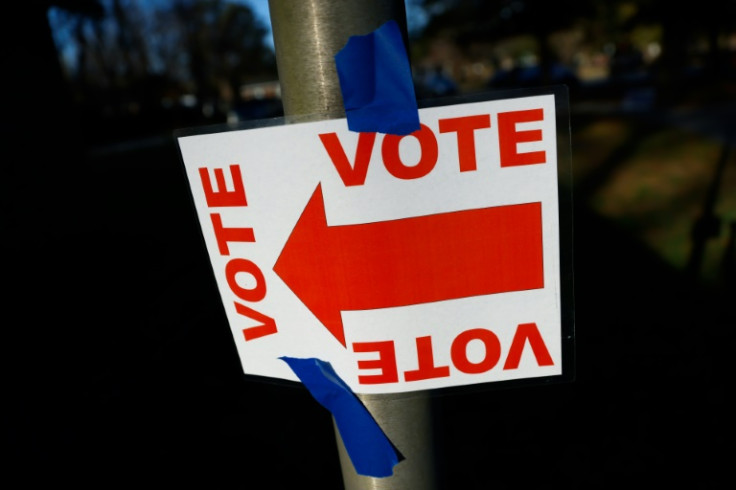
In Arizona and other states, conservative activists are increasingly monitoring voter registration efforts, particularly those led by Latino advocacy groups. These activists, armed with cameras, accuse these groups of registering undocumented immigrants, despite repeated evidence that such claims are baseless. Tensions are rising as the 2024 election approaches, turning voter registration efforts into points of conflict.
One morning in Phoenix, canvassers from the Latino nonprofit Poder Latinx were registering voters outside a motor-vehicle office when they were confronted by Vlad Stepanov, a conservative video blogger. His suspicions were piqued by the sight of the canvassers in a predominantly Latino neighborhood, according to The New York Times. Stepanov, while being filmed by his mother, questioned whether they were registering noncitizens and who was funding their efforts. The canvassers reassured him that they were complying with Arizona's laws, but Stepanov remained unconvinced. He later posted the interaction online, claiming to have exposed voter fraud, which attracted over two million views.
Confrontations like this are becoming common in states such as Florida, Georgia, and Texas, where conservative activists film and confront voter registration workers. While these activists claim they are exposing flaws in the system, Latino advocacy groups argue that the tactics are meant to intimidate. Hector Sanchez Barba, executive director of Mi Familia en Acción, a group active in several battleground states, says his canvassers have faced filming and verbal harassment. Still, many canvassers are concerned about their safety and are now being advised to limit their social media presence and brace for clashes. "My canvassers have been filmed, they've been yelled at," he told to The New York Times. "They're just coming after us."
Despite persistent accusations, studies and officials have found little evidence to support claims of widespread voter fraud by noncitizens. A 2016 report from the Brennan Center for Justice found that suspected cases of noncitizen voting accounted for an infinitesimal fraction of votes. In Georgia, for example, state officials dismissed claims that thousands of noncitizens were registered to vote, finding no evidence to support the allegations.
Nevertheless, these confrontations continue. In Palm Beach, Florida, workers from Mi Familia en Acción were confronted multiple times by individuals questioning their legitimacy. In one incident, a Republican candidate, Jeff Buongiorno, interrogated canvassers about their methods, demanding to know why they did not ask for identifications.
Activists from conservative groups like the Heritage Foundation have taken these tactics a step further, sending undercover teams to question Spanish-speaking immigrants about their voting status. These encounters, often shared on social media, stoke further suspicion. However, election officials have repeatedly debunked the claims made in these videos.
Latino advocacy groups say these actions are complicating their efforts to engage marginalized communities in the electoral process. New laws passed in states like Florida have also increased penalties for voter registration drives, adding more hurdles for these groups. Despite the challenges, organizations like Living United for Change in Arizona (LUCHA) continue their work, now equipping canvassers with training on how to de-escalate confrontations.
© 2025 Latin Times. All rights reserved. Do not reproduce without permission.


